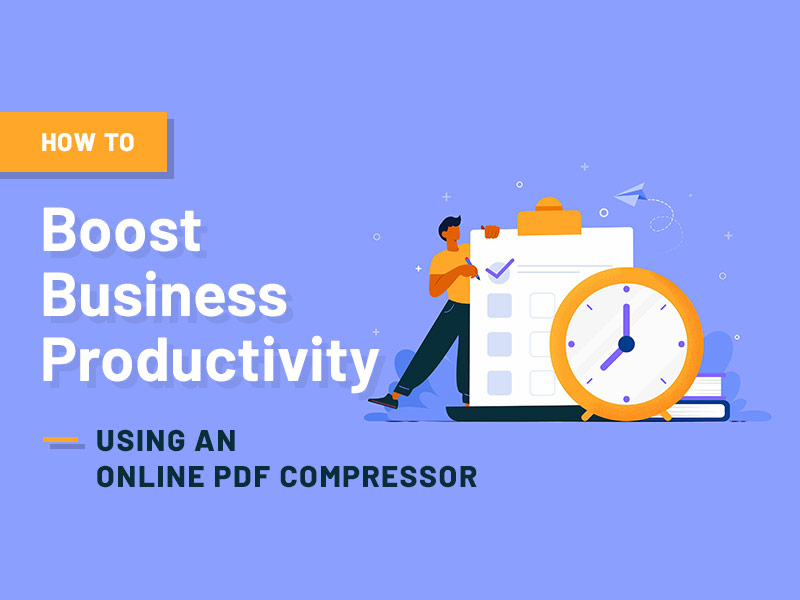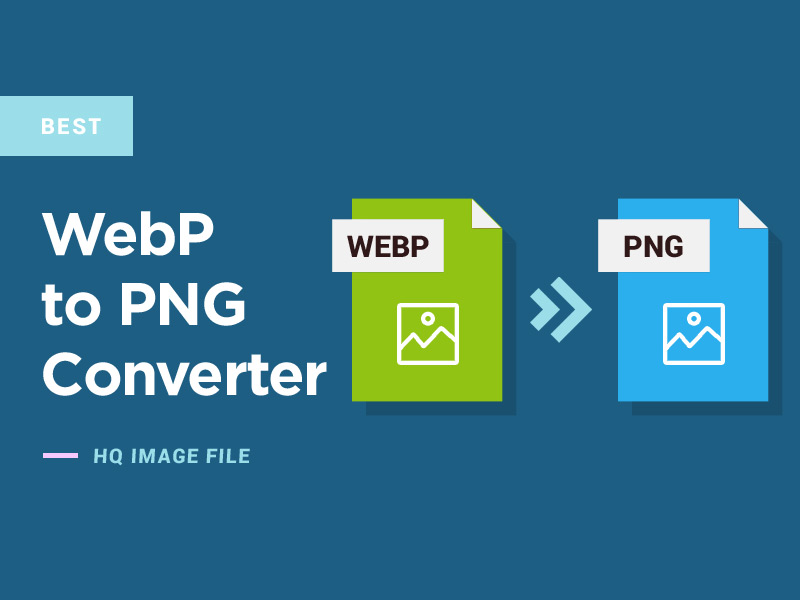One major issue for freelancers is not knowing enough about their clients. Many freelancers work without a written contract, making it hard to enforce any agreements if there’s a problem. As a result, 74% of all freelancers report not getting paid on time.
Our article will focus on contracts for freelancers in digital marketing. You will learn practical steps to create legal agreements that safeguard interests and secure payments. So, Let’s start!
Freelance Сontracts: How Does It Work?
Contracts form the backbone of freelance work, especially in fields as dynamic as digital marketing. They provide security and clarity in a digital marketing industry where project scopes can shift and payment practices vary.
What is a Freelance Contract?
A freelance contract is a binding agreement between a digital marketer and a client. It safeguards the interests of both parties.
A typical contract begins with
- identification of the parties involved;
- detailed definition of the scope of work;
- payment terms (including rates and payment methods);
- invoicing schedule;
- deadlines for deliverables;
- confidentiality requirements.
The contract acts as a plan for interaction based on the principle of “what, when, and for how much“. It also defines what will happen if the terms are not met, including resolution mechanisms.
You can draft such contracts yourself, using a freelance platform where you work, or with the help of a corporate lawyer. Your client can hire one if it is a long-term cooperation.
Corporate lawyers specialize in legal support for business deals and, according to https://nearu.pro/lawyers/what-field-of-law-makes-the-most-money analysis, have an average hourly rate of $79.3. Hiring one will ensure the validity of your contract and save money on possible disagreements.
Dissecting the Freelance Agreement
A well-crafted contract is your best defense against common freelance issues such as scope creep and delayed payments. A freelance worker contract for digital marketing might include:
Scope of Work
This section is the heart of the contract, where a freelancer defines the exact nature of the services they will provide. For digital marketers, this might include campaigns, content creation, analytics, and reporting duties. For SEO experts, this could mean specific targets for keyword rankings or traffic growth. Include project phases, milestones, and specific tasks.
Deliverables and Deadlines
It stipulates the tangible outcomes the client expects and the timeframe for their delivery. This might mean a certain number of blog posts, a set increase in website traffic, or a campaign launch by a particular date.
The Freelance Isn’t Free Act in New York, for example, mandates payment within 30 days of completing the work.
Payment Details
It specifies payment amounts, schedules, and terms. This could include a deposit upfront, payment upon completion, or regular payments for ongoing work.
Revision Clauses
These clauses outline the number of revisions included in the initial quote and the cost of more changes. Revision clauses:
- Define what counts as a revision versus new work.
- Set a limit on the number of revisions included in the initial fee.
- Establish extra charges for revisions beyond those limits.
- Clarify the process for requesting and implementing changes.
This helps to prevent overtime and ensures that the client will pay for it if it occurs.
Ownership and Rights
This section deals with the intellectual property aspects of work. Contracts should specify who owns the creative work after project completion, guided by the Copyright Act. These clauses define:
- Ownership of the work product: Determines who owns the results after completion. (Usually, the client receives ownership after the final payment.)
- Use rights: The conditions under which the freelancer can use the work for their portfolio or promotional purposes.
- Copyright transfer: The process and timing of the transfer of copyright from the freelancer to the client.
- Licensing: If the freelancer retains ownership, the client may get a license to use the work in a certain way.
It’s important to agree before starting a project to avoid any legal issues about the use of the final marketing work.
In digital marketing, where results can be intangible at times, a contract ensures that both parties agree on what success looks like. When this agreement exists, freelancers can work with confidence and clients can be sure they get the services they paid for.
Types of Freelance Agreements
Choosing the appropriate contract is a strategic decision for freelancers. It ensures that the terms align with the nature of the work and the expectations of both parties.
Digital marketing freelancers may need different types of contracts to suit the project’s needs.
Project-Based Contracts
Ideal for specific, short-term tasks with clear deliverables and deadlines. For example, for a website redesign or a short-term ad campaign. They outline a fixed fee for the project and details of the work.
Pros:
- clarity in deliverables;
- easy to manage due to fixed terms;
- beneficial for budgeting on both sides.
Cons:
- less flexible;
- any scope change requires contract amendments;
- may lead to additional negotiations for extra work.
Retainer Contracts
This type of contract is suitable for ongoing services. For example, for continuous content creation or social media management. It provides freelancers with a steady income while offering clients continuous support. The contract specifies a set number of hours or deliverables per month for a fixed rate.
Pros:
- provides predictable income;
- builds long-term client relationships;
- clients appreciate the assured availability of services.
Cons:
- may limit the freelancer’s ability to take on other work;
- requires a consistent time investment.
Service-Level Agreements (SLAs)
These detailed contracts define the quality and scope of the ongoing services provided. For example, for SEO optimization or monthly reporting. They incorporate performance metrics and can complement retainer contracts.
Pros:
- sets clear expectations for performance;
- can stimulate performance with extra bonuses.
Cons:
- complex to negotiate and manage;
- performance failures can lead to penalties or contract termination.
Legal Protections for Freelance Contracts
For a contract to be enforceable, it must have an offer, acceptance, mutual consent, and an exchange of value (consideration). Contracts must specify which state’s laws will govern the agreement. This is crucial because legal interpretations can vary across different jurisdictions.
U.S. Legal Considerations for Freelancers
And now, let’s dissect the specific laws in the U.S. that govern freelance contracts.
The Fair Labor Standards Act (FLSA)
The FLSA establishes standards for minimum wage, overtime pay, recordkeeping, and youth employment. But as a freelancer, the law considers you an independent contractor, not an employee. This means that the key FLSA protections do not apply to your freelance work.
So, you can set your rates and negotiate payment terms directly with clients. Generally, the FLSA requires employers to keep certain records for employees. But, for a freelancer, keeping records of work hours, projects, and payments is reasonable from a business management perspective, but not a rule under the law.
Freelance Isn’t Free Act
FIFA is a New York City law that provides robust protections against non-payment for freelance work. FIFA mandates the accompaniment of a written contract for any freelance work valued at $800 or more. This applies both to a single job and in combination with other jobs for the same hiring party within the last 120 days.
This contract should specify the task, the rate, and the method of payment, as well as what happens if the hiring party cancels the job.
As a freelancer, you have the right to receive payment for the services to which you have agreed to provide. The party that hires you must pay you either by the date specified in the contract or no later than 30 days after the completion of the freelance work.
Also, if a client threatens to blacklist you for asserting your right to timely payment, they are violating FIFA. If you are not paid on time or in full, you can file a complaint with the New York City Department of Labor Policy and Standards.
If you sue and prove non-payment, the court may award you double the contract’s value plus court costs. Also, failure to provide a written contract by the hiring party may result in civil penalties. If proven to be systematically violating the law, penalties can reach up to $25,000.
California’s AB5
AB5 codifies the “ABC test” for determining whether a worker is an employee or independent contractor. The purpose of this law is to extend the classification of employees to workers who work part-time, including freelancers. Thus, providing them with labor protection that is usually reserved for traditional employees.
You must meet 3 criteria to classify as an independent contractor:
- (A) you are free from the client’s control;
- (B) you perform work outside the usual course of the client’s business;
- (C) you usually run your own business in the same field as the work you’re doing.
Thus, a freelancer needs to:
- Before signing any contract, check whether AB5 could classify you as an employee. This affects not only your rights but also your tax obligations and benefits.
- Ensure that the contract is clear on the nature of your relationship with the client and your independent contractor status.
- Consider consulting with a legal expert to understand how AB5 might impact your contract and freelance work.
Legal Aspects for Freelancers in Europe and the UK
In Europe, several derivatives affect the work of freelancers.
Directive (EU) 2019/770 ensures that if digital services or content you provide aren’t up to par, your clients have a right to get it fixed. They can receive a price cut, end the contract, or get their money back. This holds whether they pay with money or personal data.
Directive (EU) 2019/771 applies if you sell digital goods along with your services. Your digital goods must meet the agreed standards and expectations. If not, clients across the EU can demand fixes, price reductions, or contract terminations.
Also, Council Regulation (EEC) No. 1612/68 allows you to work across EU countries, offering your digital marketing services without restrictions.
In the UK, there is the Late Payment Act, according to which:
- You can add an 8% interest (plus the Bank of England base rate) on overdue payments.
- You’re allowed to charge a set amount for the cost of chasing late payments.
- If it costs you more to recover the debt than the set amount, you can claim these extra costs from your client.
The Late Payment Act’s rules are part of every service contract, even if not written down. The standard time for clients to pay up is within 30 days of invoicing. This can go up to 60 days if you both agree and it’s fair.
Managing and Enforcing Freelance Contracts
As projects evolve, contracts may need amendments. Regular reviews help keep the agreement current and relevant.
Establish clear lines of communication for discussing contract-related issues. Leave your contact phone number, backup number, email, and networks where the customer can reach you as soon as possible. Ask the client for the same. This approach helps prevent disputes.
Also, keep careful records of all correspondence and decisions related to the contract. This can be invaluable if you want to take legal action to enforce a contract.
If a customer violates the terms, you need to:
- provide a formal notice of the breach to the other party;
- review the resolution mechanisms set out in the agreement, (mediation, arbitration, or litigation);
- contact a lawyer and collect evidence of compliance with the terms of the contract on your part;
- if the dispute is not resolved, consider taking legal action.
Remember, you and your client are human beings so everyone can make mistakes. Before filing a lawsuit, discuss everything with the client. This will save not only time and money but also professional relationships for both of you.
Addressing Common Freelancer Contract Queries
Freelancers often have questions about the nuances of contract law as it applies to their work. Let’s address some common concerns.
Is a contract necessary for small freelance jobs?
According to Freelance Isn’t Free Act, you don’t need written contracts for freelance jobs under $800. This rule applies when you work with different clients.
Can verbal agreements be legally binding?
Verbal agreements can be enforceable, but proving the terms can be challenging. For example, the Late Payment Act of the UK protects freelancers even if there is no written contract.
What should be in a freelance contract?
Key elements include the scope of work, payment terms, deadlines, IP rights, confidentiality, and dispute resolution.
Can I enforce a freelance contract across different states or countries?
Yes, if it contains a choice of law and jurisdiction clause. International treaties and local laws that recognize such contractual provisions support this enforcement.
Summary
As a freelance marketer, you need to understand the laws to protect your work and income. Always draft a written contract for jobs over $800 to follow the Freelance Isn’t Free Act, ensuring payment terms and job scope are clear. Verbal agreements are risky and harder to enforce; written ones offer more security.
For cross-border work, include a choice of jurisdiction clause to ensure enforceability. If a breach occurs, document it, seek resolution, and if necessary, take legal action based on applicable laws. Remember, with the right contract, you’re not just a freelancer; you’re a smart business owner securing your financial future.







